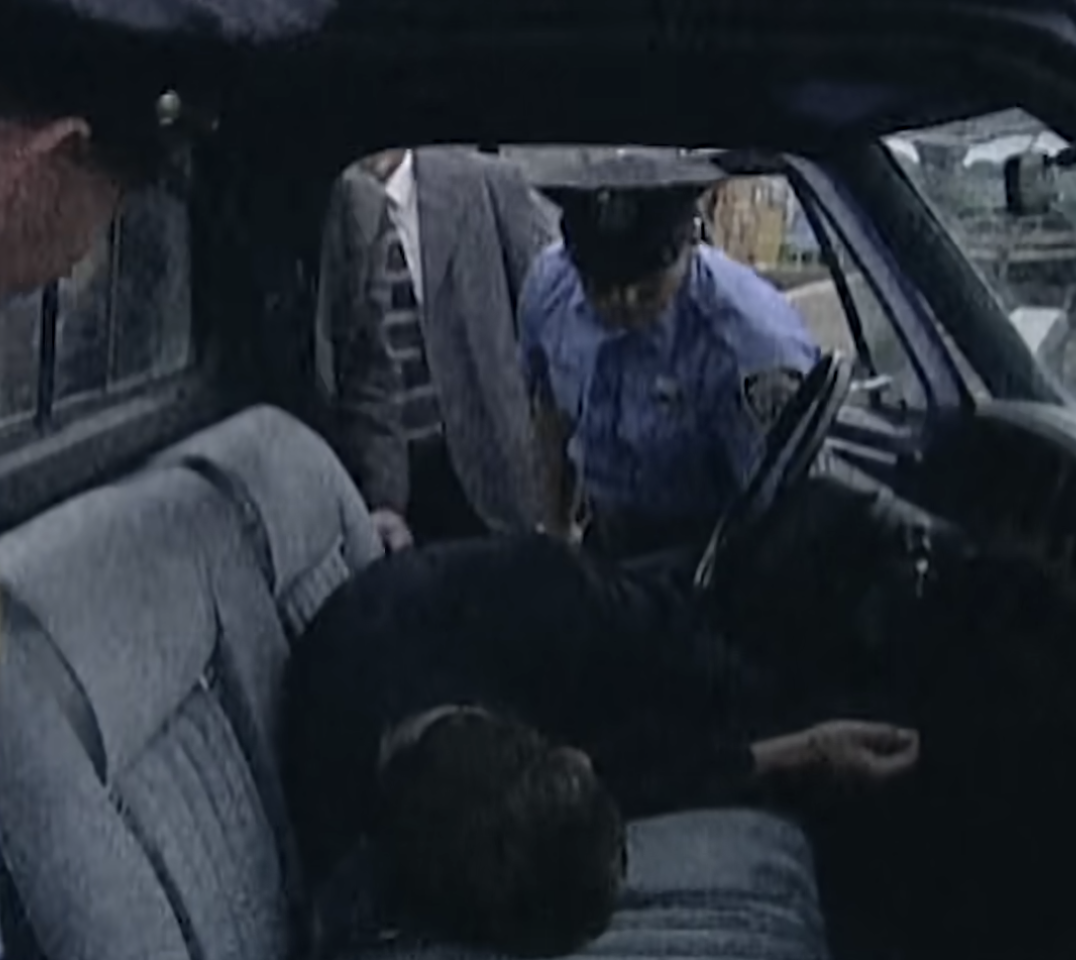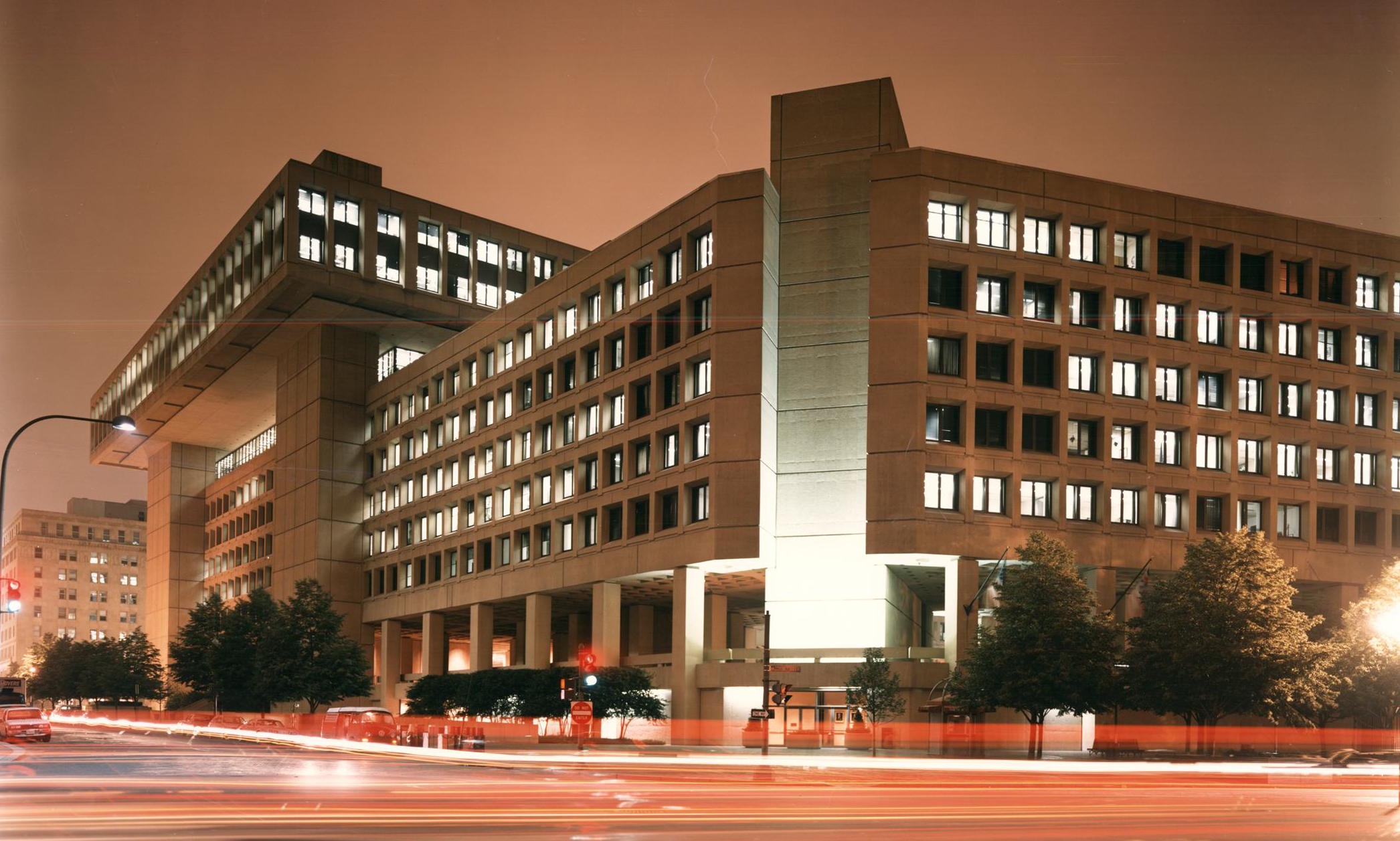 By Allan Lengel
ticklethewire.com
By Allan Lengel
ticklethewire.com
The pre-trial battle continues in a Los Angeles case in which the defense claims an undercover FBI agent spent taxpayer dollars on prostitutes in the Phiippines for himself and three targets of a gun trafficking sting.
The latest: Federal defender John Littrell filed a motion Tuesday on behalf of his client Sergio Santiago Syjuco accusing the undercover agent of spending more than $25,000 “on strip clubs and prostitutes in this investigation.” He is asking that the judge dismiss the gun-trafficking case because of egregious government misconduct.
The government has denied wrongdoing and denied that the agent ever spent money on a prostitute.
The motion states:
The government does not dispute that the undercover agent spent $14,500.00 of taxpayer dollars in strip clubs and brothels in Manila. It does not deny this taxpayer money went toward alcohol consumed by the agents, as well as the fees of “hostesses” that accompanied the undercover agent and his cover team. Since the motion to dismiss was filed in September 2012, the government has acknowledged that several thousand dollars more was spent in strip clubs and brothels in Manila.
And defense investigation has revealed that the undercover agent spent thousands of additional dollars beyond that at various strip clubs and brothels in the United States and the Philippines that the government has not disclosed to the defense. Taking into account the additional expenses that government disclosures and independent investigation has revealed, the total that the government appears to have spent on strip clubs and prostitutes in this investigation rises to more than $25,000.00.
The government offers no apology for its expenditures, despite clear evidence that the money went to brothels such as Area 51 in Manila that are known to betrafficking in under-aged prostitutes. The government contends that the undercover agent did not solicit prostitutes for himself, but defense witnesses who will testify at the hearing dispute that claim. Although the government argues that the undercover agent did not see prostitution engaged in first hand, and he was not explicitly told that the exorbitant bills that he was paying included the cost of that prostitution, it does not deny that the agent, based on his experience,training, and common sense, knew that he was paying for prostitutes, and did so intentionally.
Finally, the government argues, even assuming its agent did solicit prostitutes, his conduct was not so outrageous as to justify dismissal of the indictment because the prostitutes didn’t form “intimate” relationships with the defendants. This argument completely ignores the harm that the agent’s conduct had on the victims.
To read filing click here.




